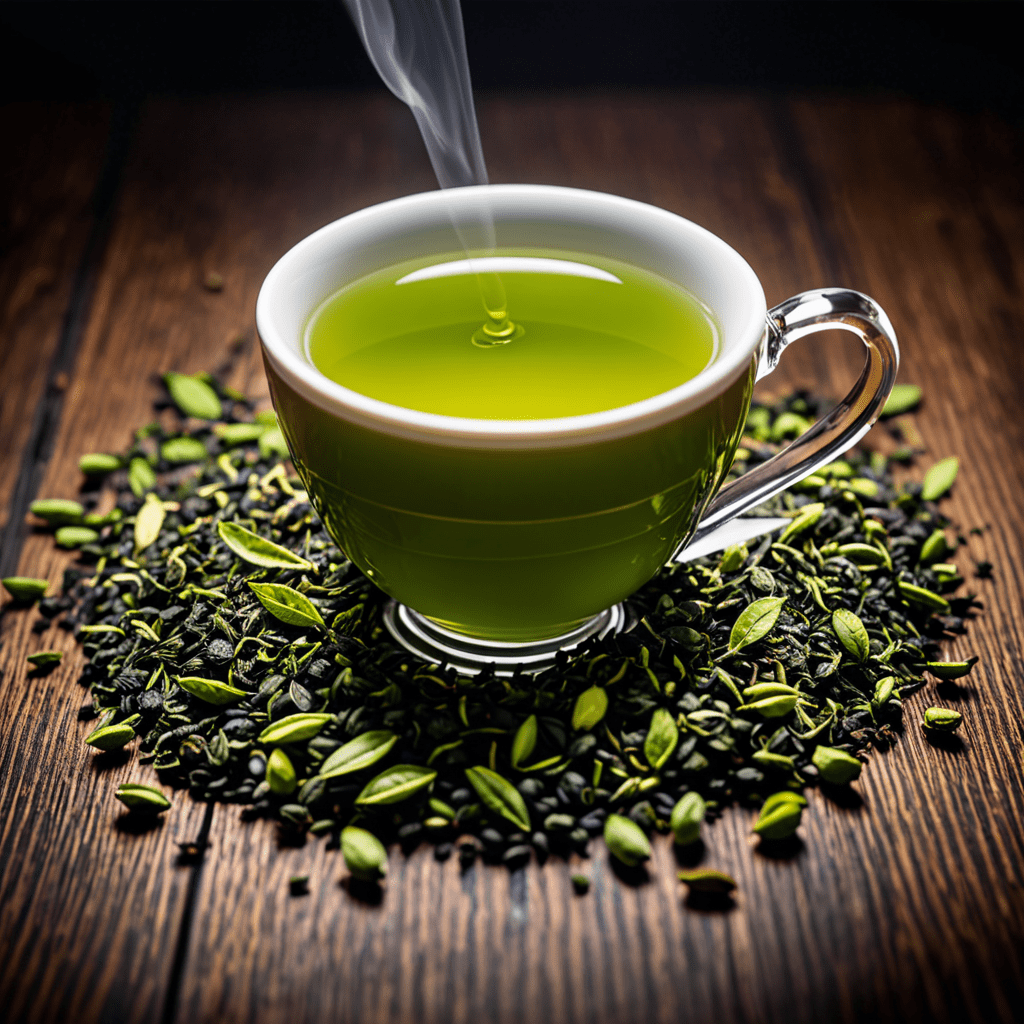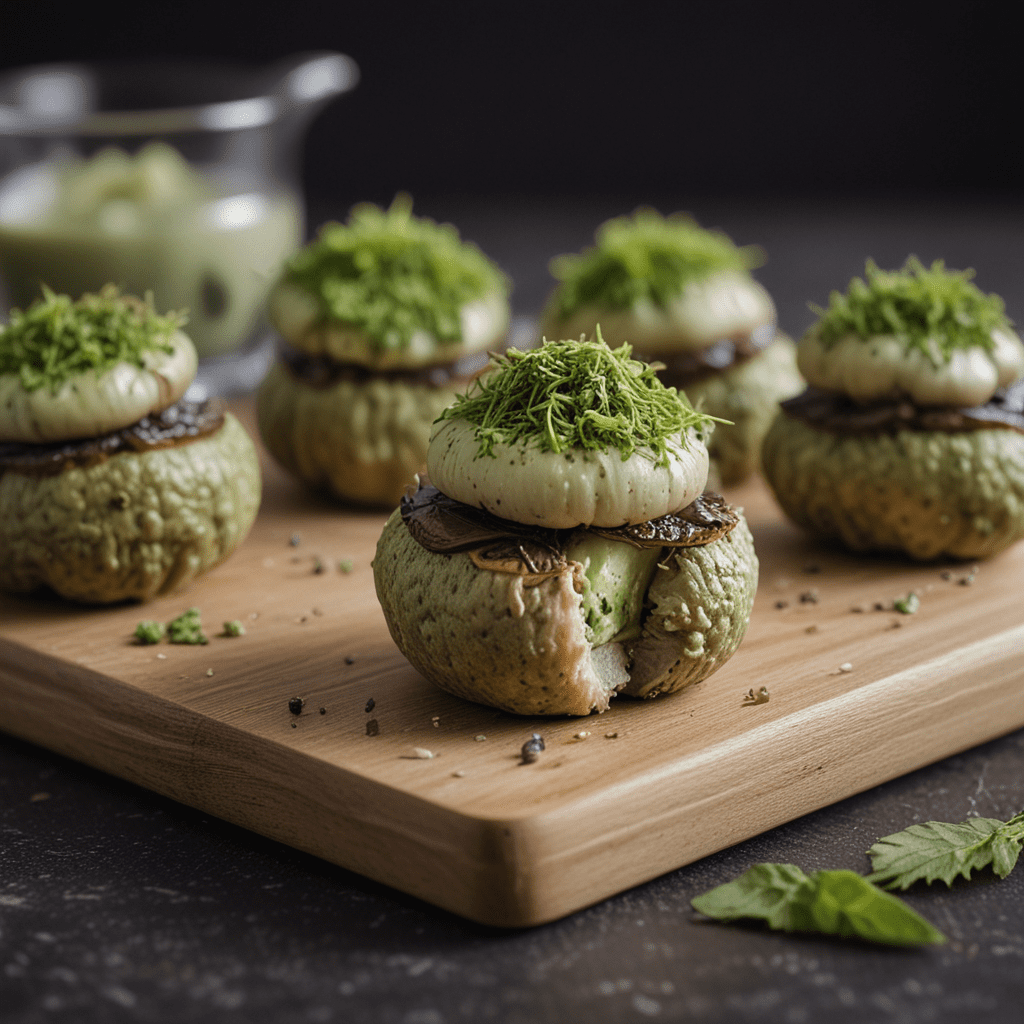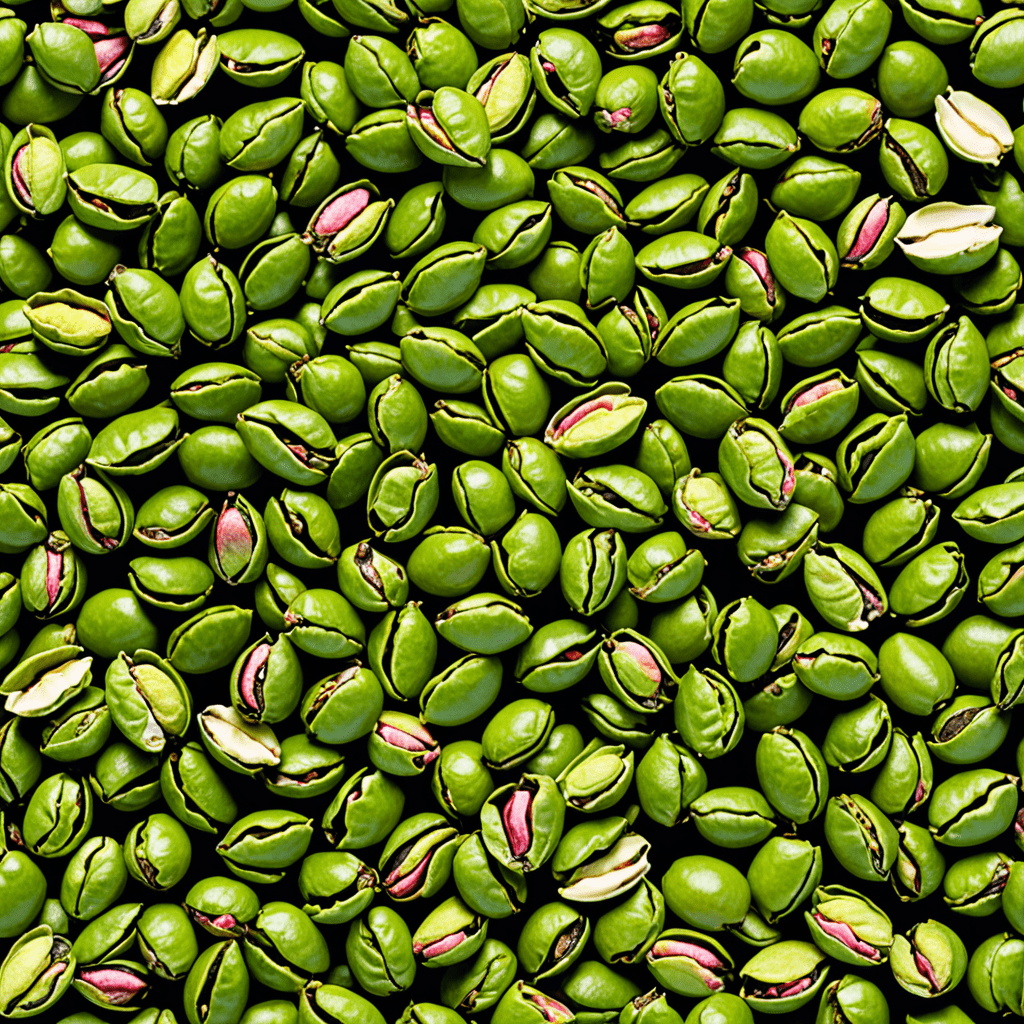The Science Behind Green Tea Oxidation: What Causes the Color Transformation?
Introduction
Green tea is a popular beverage enjoyed by many for its numerous health benefits and refreshing taste. However, it often surprises tea drinkers when their vibrant green tea turns brown after steeping for some time. In this article, we will explore the science behind this color transformation and understand why green tea oxidizes to a brown hue.
What Causes Green Tea to Turn Brown?
When freshly brewed, green tea exhibits a greenish-yellow color. This color primarily results from the presence of chlorophyll, a pigment responsible for the vibrant green color in plants. However, as green tea undergoes the oxidation process, it reacts with oxygen in the air, leading to a chemical reaction known as enzymatic browning.
Enzymatic Browning: The Culprit Behind Color Transformation
Enzymatic browning occurs when enzymes naturally present in green tea, such as polyphenol oxidase, come into contact with oxygen. These enzymes accelerate the oxidation process, breaking down the chlorophyll molecules and forming new compounds called anthocyanins.
Anthocyanins: From Green to Brown
Anthocyanins are responsible for the brown color that develops in green tea during oxidation. These compounds belong to a group of flavonoids that possess antioxidant properties. As the chlorophyll molecules break down, anthocyanins are formed, eventually leading to the transformation of the initial green hue to shades of brown.
Factors Affecting Green Tea Oxidation
The extent of oxidation and the rapidity at which green tea turns brown can vary due to several factors:
- Oxygen exposure: Increased exposure to air enhances oxidation, resulting in faster color transformation.
- Temperature: Higher temperatures can speed up the enzymatic browning process, causing tea to turn brown more quickly.
- Tea quality: The oxidation rate can differ depending on the quality and processing techniques used in tea production.
- Storage conditions: Proper storage in airtight containers and away from light and moisture can slow down oxidation and preserve the green color of the tea.
Preventing Green Tea from Turning Brown
Although the brown color transformation is a natural process, there are steps you can take to delay the oxidation and maintain the green color of your tea:
- Brew smaller batches: Brewing smaller amounts of tea reduces its exposure to air and slows down the oxidation process.
- Lower steeping temperature: Using slightly lower water temperatures during brewing can help minimize enzymatic browning.
- Shorter steeping time: Steeping your green tea for a shorter duration can limit the amount of time for enzymatic browning to occur.
- Proper storage: Storing your green tea in airtight containers away from light and moisture can extend its shelf life and delay oxidation.
Frequently Asked Questions (FAQ)
1. Can oxidation affect the taste of green tea?
Yes, as green tea oxidizes and turns brown, it can develop a more bitter taste compared to freshly brewed green tea. This change in taste is due to the breakdown of chlorophyll and the formation of new compounds during oxidation.
2. Is it safe to drink oxidized green tea?
While oxidized green tea is generally safe to consume, the taste and aroma may be compromised. Additionally, green tea’s potential health benefits may be reduced as oxidation progresses. It is best to consume green tea when freshly brewed for optimal taste and benefits.
3. Does all green tea turn brown during oxidation?
Not all green teas turn brown during oxidation. Some green teas are intentionally oxidized to produce different types of tea, such as oolong tea. The degree of oxidation and processing techniques determine the final color and flavor profile of the tea.



